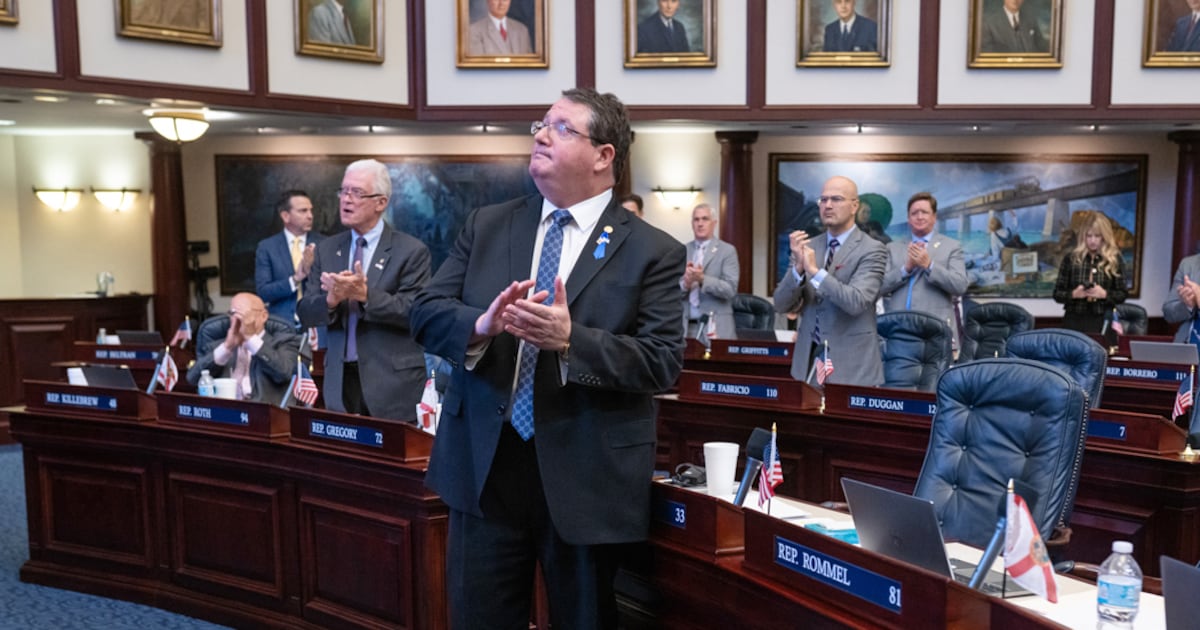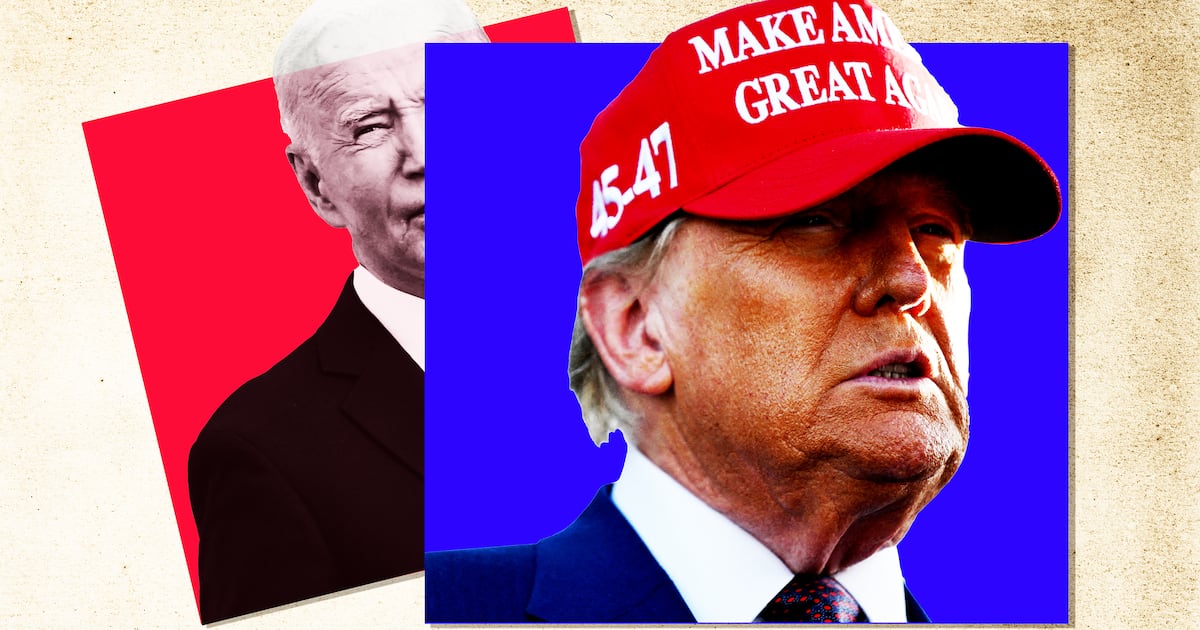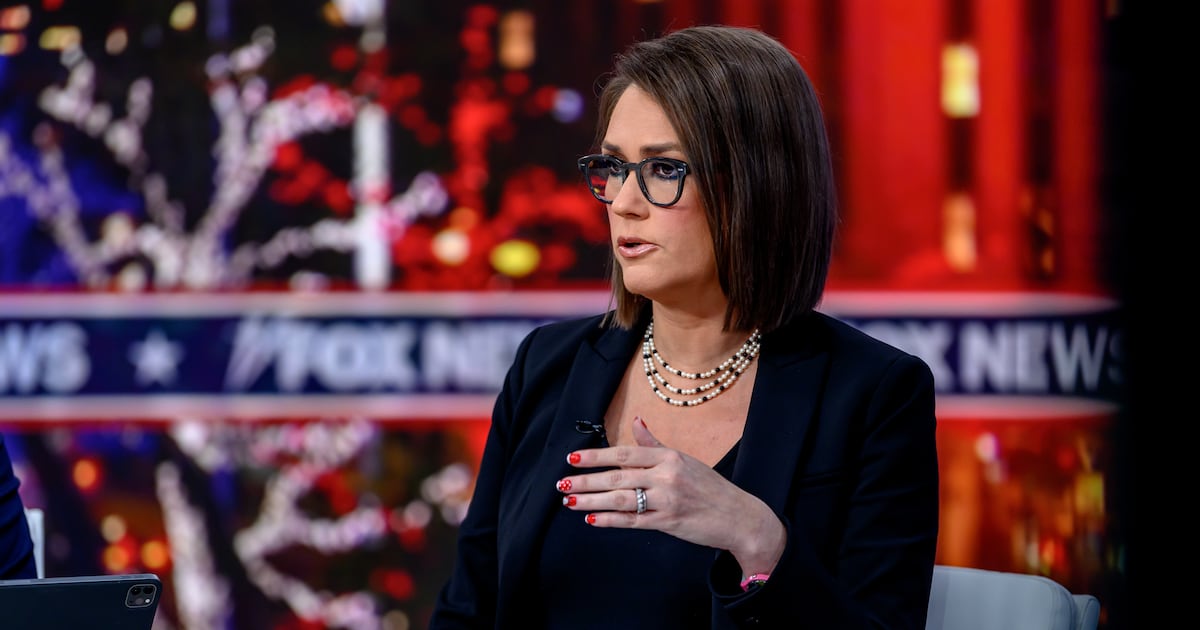MOSCOW — On Monday morning hundreds of Russians across the country awaited their hearings in court. After the biggest protests in years against Russian President Vladimir Putin, the country was watching a massive crackdown. Some called it “Putin’s revenge.”
Mass detentions, fines, or incarceration were the Kremlin’s response to the series of anti-corruption demonstrations which had rolled through 82 Russian cities on Sunday.
In Moscow alone, Aleksei Navalny, the organizer of the nation-wide protest movement, was quickly sentenced to 15 days behind bars, but there were 1,300 other detainees in the Russian capital as well, including 46 teenagers. Many people were injured by club-swinging police.
ADVERTISEMENT
Lawyers and volunteers of a Moscow NGO, or nongovernmental organization, Russia Behind Bars, spent Sunday night and all of Monday providing free legal assistance for detainees of all ages, including many teenagers and their parents.
In every police bus with 20 to 30 seats there were at least three too four underage detainees, Olga Romanova, director of Russia Behind Bars, told The Daily Beast. “We were amazed at how many 16 to 17 year olds ended up at police stations—a unique number of new faces took part in this protest.”
Romanova explained that any of the detainees could be accused of a serious crime, as one of the policemen was seriously injured at Sunday rally in Moscow.
“It was astonishing to see that in spite of the serious threat, all the parents we have dealt with in the last 24 hours shared the opposition’s ideas, some even said that they felt proud of their children’s courage.”
Many parents were worried, however. "Our deepest concern is that more teens could participate in anti-government protests, be used as cannon fodder, detained—that their lives can be ruined," says Yelena, the mother of a 17-year-old daughter.
"This is a chain reaction among 16 to 17 year old guys who are passionately excited about the idea of hanging out," said Alexander, the Moscow parent of a 16-year-old. "Navalny should go to jail for not telling school children that it was dangerous to take part in the illegal actions."
But the movement has tapped into precisely the kind of media that idealistic teens may find hard to resist. The opposition movement surged in popularity after Navalny's Anti-Corruption Foundation revealed in a slick video details of Prime Minister Dmitry Medvedev’s multiple luxurious real estates around the country. According to the report, Medvedev profited corruptly from various companies both in Russia and abroad, and Medvedev did not deny Navalny’s claim. The investigative video report went viral and made many Russians angry, including those who have never known a Russia not ruled by Putin and his acolyte Medvedev.
Navalny, who was Putin’s rival in the last presidential elections, said in court that he was happy to see so many schoolchildren joining the anti-corruption movement against the “thieves and liars” in power.
“A new generation is born that cannot be threatened,” Navalny told the courtroom on Monday morning.
The Kremlin claimed that the opposition had promised underage protesters cash if they got arrested. The Daily Beast interviewed several young protesters who said they did not take part in the protest for money, but because they were fed up with the failing system of the Russian state and its rampant corruption.
Presidential spokesman Dmitry Peskov insisted that the Kremlin respected people’s civic positions, including their right to voice opposition.
“We can’t express the same respect to those who consciously misled people—and who consciously did it yesterday—and provoked illegal actions,” Peskov said.
In Nizhny Novgorod, where up to 400 protesters joined the protests, which were prohibited by the government, police registered the parents of five teenagers for failing their parental responsibilities and allowing their children to take part.
Police did not detain 18-year-old university student Maksim Goncharov at the rally. On Monday afternoon, the young Muscovite arrived at the steps of Tverskoy district court to express his support for the arrested opposition leader Navalny, and his belief in Navalny’s courtroom declarations.
Goncharov was standing with a sign that said: “We believe” when two policemen grabbed the student of linguistics by his arms and dragged him into a police vehicle.
It took two and a half hours for police finally to let Goncharov’s attorney and his mother, Vera Goncharova, fill in the paperwork. A court employee asked the attorney: “What was your client detained for?”
That was the key question, which Goncharova said she had no answer for. “You must know better [than I] why you detained this innocent young man and kept him at the police station for hours,” Goncharova told the official.
It was an emotional day for the attorney. “Several young people felt sick at police stations; one of my clients almost suffered shock without a timely insulin shot for diabetes.”
Dozens of protesters reportedly were detained in the Northern Caucasus republic of Dagestan. “Several hundred people came out to a peaceful rally to demonstrate against the overwhelming, choking corruption, especially against police corruption,” human rights defender Magomed Shamilov told The Daily Beast. “Several police trucks and busses arrived. Police quickly grabbed about 50 to 60 journalists and random people in front of our eyes.”
If in Moscow there were many attorneys ready to provide free legal assistance for detainees, in the provinces people were waiting for days for their hearings without knowing how to defend their rights or who might help them to do it.
Even those who were released on Monday were still in danger of prosecutions, well-respected human rights defender and dissident Zoya Svetova told The Daily Beast.
“Nobody can guarantee that a month or two from now investigators would not return and summon some of the released protesters,” said Svetova, who has had long experience observing such cases. “After watching the videos of the riot, detainees could be accused of injuring the hospitalized policeman and that is a serious crime that could be punished with a life sentence,” the human rights defender added.
On Sunday night, unknown men raided Navalny’s office at the Anti-Corruption Foundation and took away several computers, without any explanations. More than a dozen of Navalny’s associates spent that night at a police station.
“This is Putin’s revenge to Navalny,” Svetova told The Daily Beast.
There were many reasons why the Kremlin’s leader could be angry with his foe. For many years Navalny has been addressing Russia’s president as “Putin the Thief.”
Navalny’s foundation investigated and accused of corruption President Putin’s closest friends and allies.
“And now the Kremlin will most probably let Navalny go after 15 days, but they will sentence several protesters for long jail terms to undermine Navalny’s authority,” Svetova predicted.






